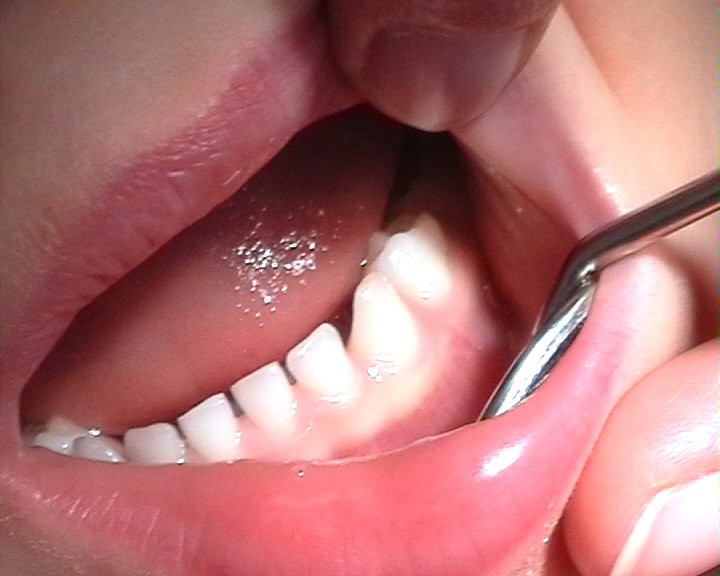Milk teeth or primary teeth in humans have been accounted for weight gain, according to a new study led by the United Kingdom.
Researchers at the University of Kent found that the so-called dental biorhythm is associated with adding an extra pound/s on a person, regardless of gender, during adolescent years.
The new research confirmed long-held notions of the connection between the mouth and body weight.
Dr. Patrick Mahoney of the university's School of Anthropology and Conservation led an international research team to discover the biorhythm in primary milk molars or Retzius periodicity (RP) is related to some aspects of physical development during early adolescence.
Dental Biorhythm

In the new research published in the journal Communications Medicine on Monday, August 22, the research team concluded there is an evidence of a long-period biological rhythm present in the hard tissue of mammals and its influence on species average body mass.
The team based their assessment to the research result that having a faster dental biorhythm yielded to smaller gains in terms of weight and mass.
Meanwhile, having a slower biorhythm led to the greatest weight gain, as summarized by Science Daily.
For over a century dental histologist have reportedly known the existence of biological rhythm, but recent research has only shifted its attentions towards mammal species, including its impact for humans.
Oral Health and Weight Management
In recent years, there have been a number of evidence linking oral health to the overall condition of the body, including heart health and even weight gain.
In fact, maintaining a clean teeth or dental health can make weigh management easier.
Evidence showed that having a good oral hygiene can impact a person's weight, since poor oral hygiene increases the risk of obesity, according to Distinctive Dentistry, which is based in Washington, United States.
Dental authorities indicate a poor oral hygiene will allow bacteria to multiple and spread in one's mouth, causing inflammation.
This process results in gum inflammation which can affect an individual's body to absorb nutrients, leading to weight gain since the body is focused more on fighting the infection.
Overweight and Obesity
There is still relatively limited data when it comes to the connection of the milk teeth's dental biorhythm to overweight and obesity; compared to other factors like lifestyle choices and genetic variables.
However, the University of Kent study offers a novel approach to the growing challenge of weight gain amid a globalized world, where some instances of unhealthy eating habits and lifestyle have become the norm.
According to the World Health Organization (WHO), the "fundamental cause" of overweight and obesity is an energy imbalance between calorie consumption and calorie exhaustion.
In 2016, there were over 340 million children and adolescents between the ages five and 19 who were either overweight or obese, according to the international health body.
The WHO added that the prevalence of the health condition has dramatically increased from 4% in 1975 to over 18% in 2016.
© 2026 NatureWorldNews.com All rights reserved. Do not reproduce without permission.





